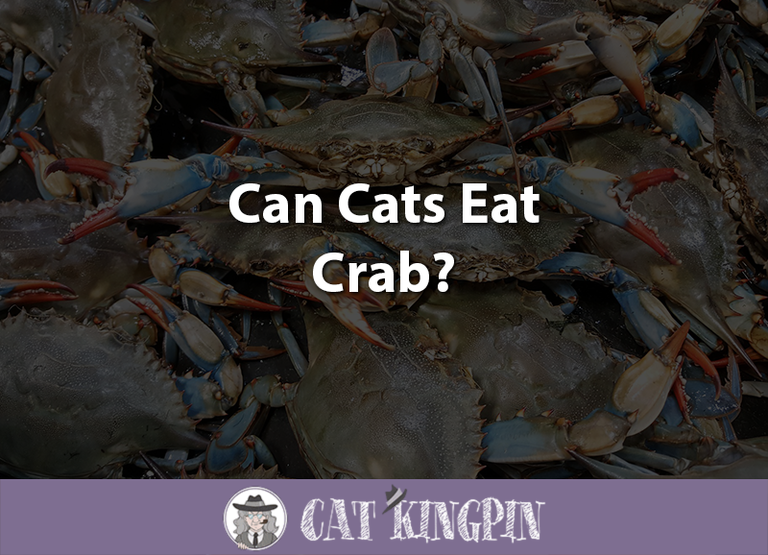Can Cats Eat Kippers?
Cats are well-known for their love of fish. And why not? Cats are carnivores, and fish are full of tons of vitamins, fats, and minerals that cats need.
Kippers, which are technically herring, are a popular food around the globe, especially in the United Kingdom and Japan, where the locals have been enjoying this fish dish for centuries.
What makes a kipper different from a herring? Well, it’s all about how the fish is prepared. Kippers are whole herring that have been split in half, gutted, salted, and then smoked, usually with oak wood.
While many varieties of fish are good for cats, the complex curing process that kippers undergo may make them unhealthy for our feline friends.
In this article, we’ll cover the following:
- Cats and Kippers – What You Need to Know
- Can Cats Eat Kippers?
- Can Kittens Eat Kippers?
- Benefits/Negatives of Feeding Cats Kippers
- Alternatives to Kippers for Cats
Cats and Kippers – What You Need to Know
While they aren’t likely to cause permanent health problems, kippers aren’t the best type of fish to feed to your cat.
Kippers belong to the herring family of fish and are very popular in the United Kingdom, even as a breakfast food. While it’s possible to find kippers in the United States, you’re more likely to find them in a can.
Can Cats Eat Kippers?
Kippers have a lot of things going for them nutrition-wise, such as:
- Protein. Herring have tons of protein, which is extremely important for feline diets
- Omega-3 fatty acids which are great for your cat’s coat and joints, as well as preventing allergic reactions and treating seizure disorders.
- Vitamin B12. This heart healthy vitamin promotes feline cardiovascular health.
There are a few potential problems with kippers, however:
- Kippers are caloric and oily, so they shouldn’t be your cat’s main source of nutrition.
- If the kippers are canned, take care to only feed your cat ones that are packaged in water.
- Because kippers are literally rubbed with salt during the curing process, they’re extremely high in sodium which can be detrimental to your cat’s health if eaten excessively.
If your cat really wants to try a piece of kipper, only offer them a very small piece every once and a while. Here are some tips:
- Never give your cat more than a tiny piece, as kippers are oily and very salty.
- Be careful of bones!
- Keep an eye on your cat after they’ve eaten a piece of kipper, just to be sure they don’t become ill. If your cat has an adverse reaction such as vomiting or diarrhea, don’t give them a piece of kipper again.
Can Kittens Eat Kippers?
Kittens should not be given kippers. When it comes to digestive health, kittens are more sensitive to new foods than their adult counterparts. The high sodium content, potential for excessive additives, and smoky flavor of a kipper may prove too much for a small kitten.
If you want to give your kitten a taste of fish, you’re much better off offering them a piece of sardine. Just make sure it’s packaged in water, not oil.
These two kittens are enjoying some fresh fish, which is much better than a cured fish like kipper.
https://www.youtube.com/watch?v=7UOpkyDoS0E
Benefits/Negatives of Feeding Cats Kippers
Kippers aren’t really a suitable treat for cats unless offered to them in low quantities. While kippers do have a variety of vitamins and minerals that are good for cats, the oil and sodium make kippers a rather unhealthy snack. It’s similar to lima beans for them. Not all that great or beneficial from a nutrition standpoint.
If your cat is on the hefty side and you’re encouraging them to lose weight, even just a little bit of kipper isn’t a good idea. If your cat is on a diet but loves fish, low-calorie fish-based treats are a better option.
Alternatives to Kippers for Cats
Because kippers are so salty, you may be better off finding alternatives if your cat is particularly interested in fish. Sardines are a great option as long as they are packaged in water instead of oil, and there are many fish-flavored cat treats on the market.
If you’re interested in some of the health benefits of kippers, particularly Omega-3 fish oil, you can try fish oil supplements. These supplements are a great way to get all the nutritional benefits of fish without having to worry about health risks.
Remember that not all oils are created equal. Fish-based oils are healthier for your cat than oils that are derived from vegetables, such as coconut oil.
Small fresh fish are often a great alternative to kippers. Check out this furry guy with his fishy treats!
https://www.youtube.com/watch?v=s4gFrgpvAUY
So, Can Cats Eat Kippers?
If your cat is otherwise healthy, a tiny piece of kipper once and a while is unlikely to do them much harm. However, if you feed your cat a kipper and they experience diarrhea, an upset stomach, or any other kind of strange symptoms, don’t feed them to your cat again. If they symptoms continue, take them to the vet as soon as possible.
If you’re uncomfortable giving your cat human-grade fish (and there are plenty of reasons to be cautious about it), you can try fish-flavored cat treats.
Has your cat ever gotten a hold of a kipper? Did they like it, or spit it out after getting a taste of that smoky, salty, goodness? We want to hear all about it; tell us in the comments!







